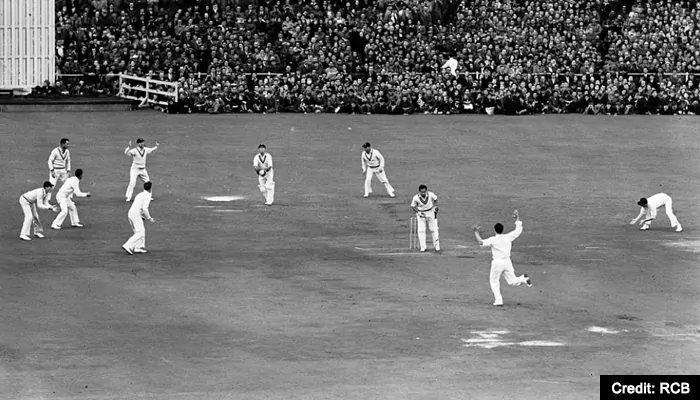
They had no coach, no hotel—and yet, they beat the empire at its own game
India is all set to face England once more, and this time on English soil. Five Tests, one fresh-faced captain, and a massive mountain to climb. Shubman Gill, all 32 Tests old, leads a side missing giants—Ashwin, Kohli, and Rohit, all retired. Bumrah's workload is being managed. Shami is still out injured. Jadeja is the only warhorse left with enough miles on him.
There's anxiety in the air. India hasn't won a Test series in England since 2007. Yet, as we look ahead, it's worth glancing back. Because some victories shape identity. One such came in 1952.
It wasn't just a win. It was the first.
Before India became a cricketing powerhouse, a group of players lived in villagers' homes before the influx of money, fame, and five-star coaching staff. The final Test of the 1951–52 series took place in Madras, now known as Chennai. England had never lost a Test to India. Yet, India had begun to believe.
Vijay Hazare was the captain. The leading bowler? Vinoo Mankad, who was about to carve his name into folklore. CD Gopinath, who is still living today, participated in that match.
His memories are imbued with both pride and simplicity. He recalls being instructed to score quickly so that the team could declare. There was no strategy, no lengthy team meetings, just directives, bat and ball.

Credit: Sportstar
England batted first and posted 266 runs. Jack Robertson and Dick Spooner contributed most of the scoring. But Mankad—oh Mankad—bowled his heart out. Eight wickets in an innings. Not a typo. Just pure skill.
Then came India's reply. And what a reply it was! Polly Umrigar scored 130 with flair, while Pankaj Roy added a beautiful 111. They received support from the middle order. India racked up a massive 457 runs, establishing a significant lead.
Mankad returned in the second innings and tore through England once more. This time, he took four wickets, with Ghulam Ahmed contributing four of his own. England were bowled out for 183 runs. The match was done. India had won.

Credit: MyKhel
CD Gopinath took the last catch of the match. In front of the iconic MCC pavilion at Chepauk, he held it safely, sealing the moment that changed everything. No one jumped in celebration. There were no victory laps. Just handshakes and a few "well dones, " and everyone went home.
There were no dressing room parties, no social media to hype it up, just satisfaction—quiet but solid. And yet, something had shifted. For the first time, the Indian team believed it could beat stronger teams. That belief would lay the foundation for decades of growth.

Credit: Sportstar
India had waited twenty years for this. From 1932 to 1952, they faced defeat after defeat. But on that day in Madras, something clicked. It was a signal—to India and to the world—that Indian cricket had come to play.
As 2025 rolls in, with another tough English tour awaiting, it's important to carry such memories—of a time when there were no luxuries but plenty of heart, when victories weren't planned but earned.
Cricket has always been about moments, and 1952 gave us its first great one.